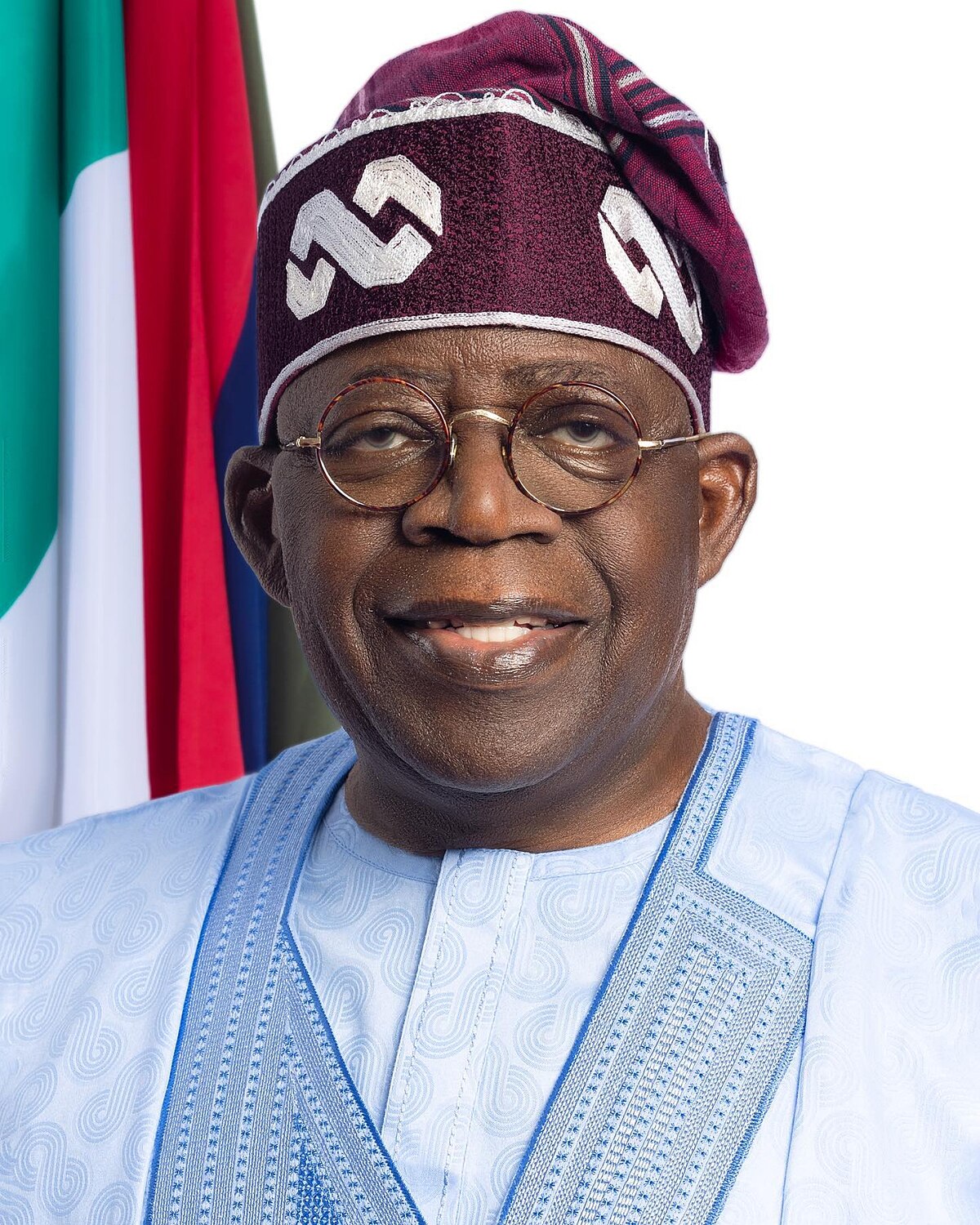UNGA 79: President Tinubu Seeks renewed financial architecture, debt forgiveness for developing countries

President Bola Tinubu has asked the leaders of the United Nations to prioritise debt forgiveness for Nigeria and other developing countries from creditors and multilateral financial institutions.
The president emphasized the dangers of digressing from multilateralism, drawing attention of the world’s body to the global debt burden undermining the ability of countries and governments to meet the needs of their citizens, trade barriers and protectionist policies destroying the hopes for nations, and the uncontrollable competition discouraging motivation and hampering global investments.
Delivering Nigeria’s national statement at the 79th United Nations general Assembly in New York, United States of America, the president also called on the world leaders to recommit themselves to multilateralism by deepening relations among member states of the United Nations (UN) in line with the principles of inclusivity, equality and cooperation.
It was yet another presentation by the Nigeria’s leader at the gathering of world leaders.
The Nigerian leader seized the opportunity to admonish his counterparts on the need to strengthen multilateral relations as the surest guarantee of global action against existential challenges faced by the international community.
Represented by his deputy, Vice President Kashim Shettima, at the high-level annual global event, the President decried the steep descent to singularity and nationalism which, according to him, are undermining the quest for peaceful and collective resolution of global challenges such as terrorism, climate change, poverty, food crises, hyper-inflation, nuclear proliferation and grinding debt burden, among others.
The President, reminded the world leaders that the United Nations stands for multilateralism which represents inclusiveness, anchored on the tripod of peace, sustainable development and human rights-expressing worry about the main objectives of the UN and how it could sustain the global body's relevance and resilience, as the pillars of the organisation are at risk of being broken against the principles of inclusivity, equality and cooperation which it stands for.
On debt relief, president Tinubu advocated debt forgiveness to encourage struggling and developing nations confront developmental challenges of their various economies while calling for reforms in the international financial architecture and a transparent multilateral trading system, that will help the adoption of the "Pact for the Future" to reposition economies and translate into concrete measures that provide solutions to the challenges faced by developing and least developed countries.
The President reaffirmed "Nigeria’s steadfast commitment to deepening of multilateralism," just as it did 65 years ago when it "joined the United Nations as the 99th Member-State but lamented what he described as the return of unconstitutional changes of government and forceful military coups in some African countries.
He said the coups attest to how fragile democracy could become when it is not supported by economic development and sustained peace and security- a situation he wants to be the utmost concern in deliberations at the high-level segments of the 79th Session of the UN General Assembly.
The Nigerian leader also called for the recovery of the proceeds of corruption and illicit financial flows, maintaining that the return of such funds to countries of origin "is a fundamental principle of the United Nations Convention against Corruption.
On insecurity, he sued for the return of confidence in democracy, emphasizing that the international community could help to stop insecurity which is plunging citizens into untold hardship and misery which in turn, affect the people's confidence in democratic rule.
As usual the president repeated the call for a bold reforms in the UN Security Council with a view to giving Nigeria and other African countries permanent seats at the council, stressing that it has since become imperative for the UN to strengthen its relevance and credibility in a rapidly changing world.
Government officials who accompanied the vice president to deliver the statement include, the minister of Defence Abubakar BADARU, the minister of foreign affairs Yusuf Tuggar, minister of Solid mineral Dele Alake among others


